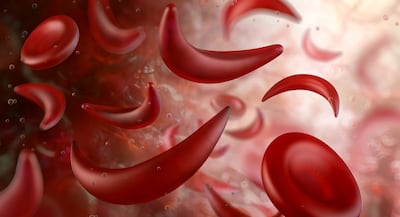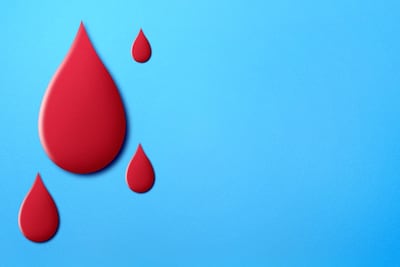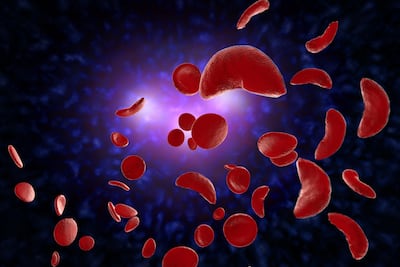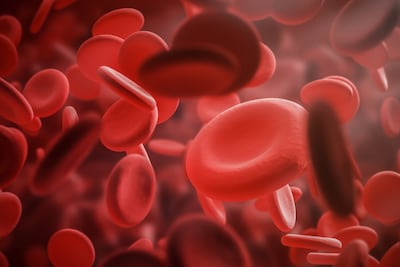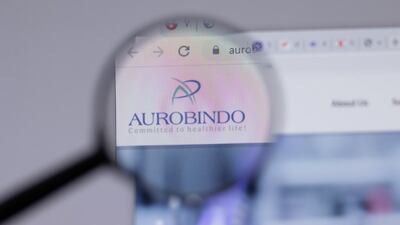Blood & Coagulation Disorders
The Phase III portion of the Phase II/III RISE UP study in sickle cell disease met the hemoglobin response primary endpoint, but not the sickle cell pain crisis reduction co-primary endpoint nor a secondary endpoint on reducing fatigue.
The European Medicines Agency has begun evaluating the EU marketing applications for a new batch of drugs, including products from Incyte, Sanofi and Novo Nordisk that target hidradenitis suppurativa, rabies and hemophilia A, respectively.
With Phase II data for sutacimig in Glanzmann thrombasthenia in hand, Hemab’s series C round will fund a pivotal trial as well as a Phase II study for HMB-002 in von Willebrand disease.
The drugmaker reported a negative Phase III study for inclacumab, after a partial clinical hold for osivelotor and pulling Oxbryta from the market.
Norucholic acid and leriglitazone, for treating primary sclerosing cholangitis and cerebral adrenoleukodystrophy, respectively, are among 12 new drugs that the European Medicines Agency has started to review for potential EU marketing approval.
Germany’s Federal Patent Court has invalidated Bayer’s key patent covering once-daily use of Xarelto (rivaroxaban), paving the way for Sandoz to launch a generic version. Bayer is considering an appeal.
The drugmaker announced positive topline results for the drug in hemophilia A and B patients with inhibitors, on top of the existing approval for patients without inhibitors.
Pfizer told the Pink Sheet it would work with the health technology assessment institute, NICE, with the hope of making Hympavzi available to patients with hemophilia A via the National Health Service.
Aurobindo is set to join Lupin by competing against Johnson/Bayer’s blockbuster blood thinner Xarelto (rivaroxaban) 2.5mg tablets.
A stake acquisition in US venture Illexcor allows India's Zydus to get in on the ground floor for a potential once-daily sickle cell disease treatment. The candidate showed promising preclinical results in a field that has yielded mixed outcomes for global majors like Novartis, Pfizer and Novo Nordisk
The health technology assessment institute, NICE, has reversed its rejection of Sobi’s once-weekly drug for preventing and treating severe hemophilia A, meaning that the treatment has now secured reimbursement in three European countries.
Pfizer cited many reasons for ending sales of hemophilia B gene therapy Beqvez, including a lack of patient and doctor interest. The company no longer plans to develop AAV gene therapies.
